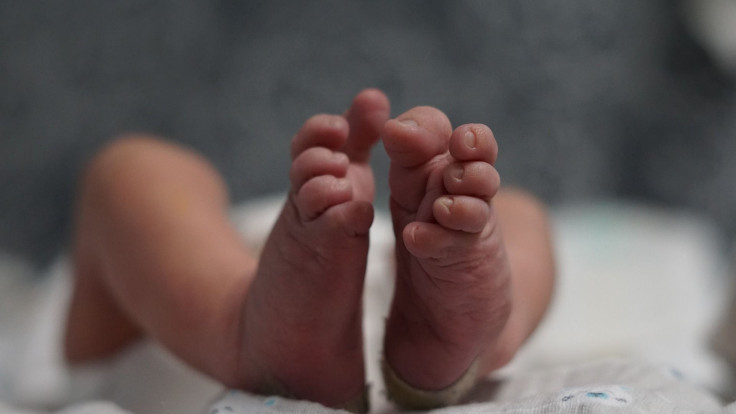3-Year-Old Baby In Coma Since 5 Days Old Saves 4 Lives After Her Death

KEY POINTS
- On June 23, Ah-young's heart rate suddenly dropped, and eventually, she fell into a state of brain death
- Ah-young became unconscious after hitting her head in her newborn's ward five days after birth
- Teenage children aged 15 to 17 are already allowed to be organ and tissue donors after death
A young girl in South Korea who was comatose all of her life after suffering a head injury days after birth has extended the lives of four other people through organ donation.
The family of the girl, identified as 3-year-old Jeong Ah-young, decided to donate her internal organs like her heart, lungs, liver and kidneys after she was declared brain-dead at Busan Yangsan University Hospital, according to the Korean Organ Tissue Donation Agency, yna.co.kr reported.
Ah-yeong became unconscious after hitting her head in her newborn's ward five days after her birth three years ago. Throughout her life, she had been sustained by a ventilator and received daily outpatient treatment in the university hospital.
On June 23, her heart rate suddenly dropped, and eventually, she fell into a state of brain death.
But her family, who wished to give more meaning to Ah-young's relatively short life, donated her organs to four people who direly needed them since they felt she would "want ... to live and breathe in another body somewhere."
"The pain of a family who suffered a newborn child accident must be so great," Moon In-Seong, director of the Organ and Tissue Donation Center, said. "Thank you for donating to save someone else's life even in pain."
Pediatric organ donation is one of the rarest kinds of organ donations in the world since child deaths are far less common than adult deaths, and the transplant "differs slightly from other organ donations — as organ size is critical to a successful transplant, children often respond better to child-sized organs," according to Donate Life America.
In 2020, more than 1,900 children in America aged 18 years old and below were waiting for an organ donation, with 25% of them, or roughly 500 children, aged below 5.
Children who need organ transplants are mostly those born with a congenital condition, have an organ that failed due to illness, or suffer chronic diseases like cystic fibrosis and diabetes, the Royal Children's Hospital Melbourne said.
"Although some adult organs can be donated to children, there are still more children on the waiting list for transplant than there are organs available," it added.
Teenage children aged 15 to 17 are already allowed to be organ and tissue donors after death.

© Copyright IBTimes 2025. All rights reserved.






















